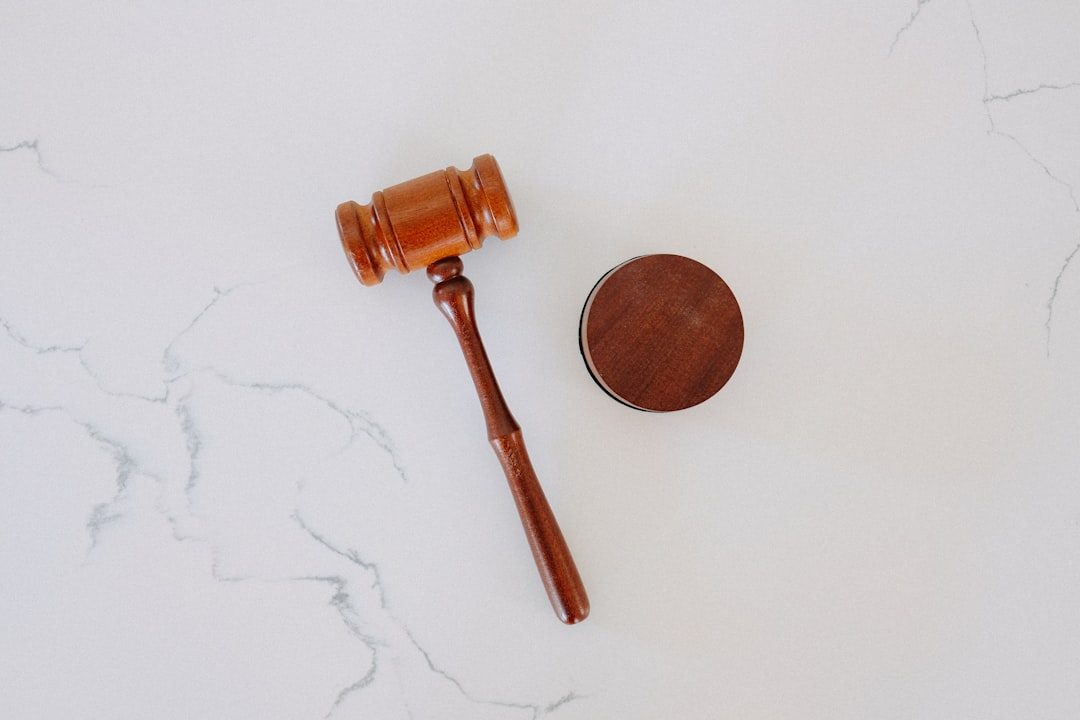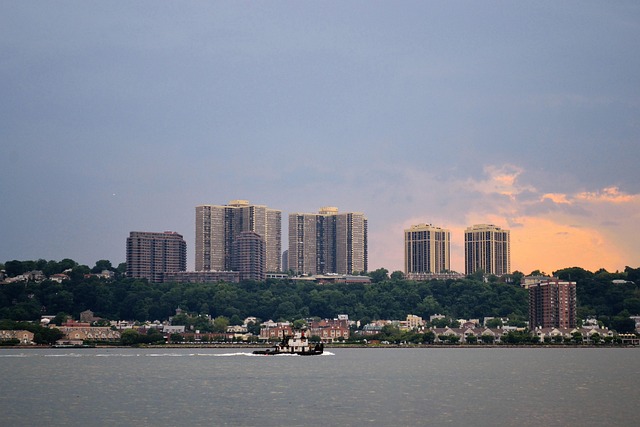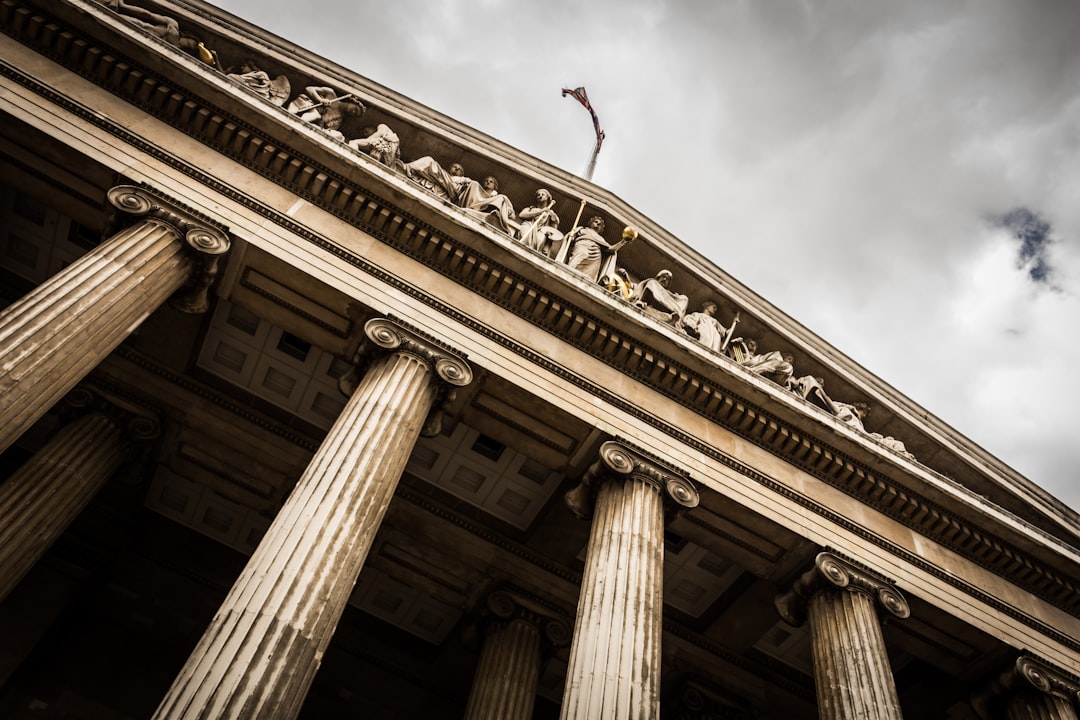In New Jersey, including Hoboken, sexual misconduct in educational institutions is taken seriously with a comprehensive legal definition. The state's laws protect students from physical assault (rape, sexual battery), psychological manipulation, cyberbullying, 'revenge porn', and sexual harassment. A rape lawyer in New Jersey assists victims navigating the legal process under these strict regulations, ensuring their rights are protected. Schools enforce stringent disciplinary procedures and offer support services, with Hoboken prioritizing student safety through education programs, designated staff for handling reports, and collaboration with local rape lawyers and support organizations.
In Hoboken, New Jersey, sexual misconduct in schools is taken seriously. This comprehensive guide explores how the state defines such conduct, delving into relevant laws and regulations that safeguard students. We dissect key elements, including categories covered under the definition, offering insights into school policies and procedures designed to protect and support all parties involved. Furthermore, we examine legal rights, prevention measures, and education initiatives, emphasizing the importance of a safe learning environment with the potential assistance of a rape lawyer in New Jersey.
Understanding New Jersey's Legal Definition of Sexual Misconduct

In New Jersey, sexual misconduct is a serious issue, especially within educational institutions. The state has a clear legal definition to address this matter, providing guidelines for schools and students alike. According to New Jersey law, sexual misconduct includes any unwanted or non-consensual sexual contact or behavior that makes an individual feel unsafe or threatened. This encompasses a wide range of actions, from physical assault like rape and sexual battery to psychological manipulation and cyberbullying with explicit content.
The definition also extends to situations where an individual’s privacy is invaded, such as sharing intimate images without consent (often referred to as ‘revenge porn’) or engaging in any form of sexual harassment. New Jersey’s legal framework ensures that victims have recourse by establishing clear boundaries and consequences for perpetrators. A rape lawyer in New Jersey would guide victims through this process, ensuring their rights are protected and justice is served.
– Exploring the state laws and regulations that define sexual misconduct

In New Jersey, the definition of “sexual misconduct” is governed by state laws and regulations that aim to protect students from all forms of sexual harassment and assault within educational institutions. The state has stringent policies in place to address and prevent incidents of sexual violence, especially in schools. According to these laws, sexual misconduct includes a wide range of behaviors, from unwelcome sexual advances and requests for sexual favors to sexual contact or attempts thereof without consent. This also encompasses non-physical acts such as verbal or visual conduct of a sexual nature that creates an intimidating, hostile, or offensive environment.
Hoboken, like other cities in New Jersey, is subject to these laws, which are often enforced through strict disciplinary procedures and support services for victims. A rape lawyer in New Jersey would be well-versed in these regulations, which not only outline the prohibited actions but also the rights of both accused and alleged victims. Understanding this legal framework is crucial in ensuring that schools maintain a safe environment and that students know their rights and resources when dealing with sexual misconduct issues.
– Key elements and categories covered under the definition

In Hoboken, New Jersey, the definition of “sexual misconduct” in schools encompasses a broad range of inappropriate behaviors with significant legal implications for perpetrators. Key elements include any form of non-consensual sexual contact or lewd behavior directed towards another student, as well as harassment and exploitation based on gender, sexual orientation, or identity. This category covers various acts such as sexual assault, including rape, and the use of technology to distribute intimate images without consent (often referred to as “revenge porn”). Additionally, it includes non-physical interactions like unwanted sexual advances, soliciting sexual favors, and engaging in explicit conversations or text messaging with a minor.
The definition also addresses environmental factors, considering situations where students create or perpetuate a hostile environment through repeated, serious instances of verbal, social, or physical harassment related to sex. This encompasses both direct misconduct between individuals and indirect forms that negatively impact a student’s education or well-being. Moreover, it emphasizes the importance of consent, clarity in communication, and respect for personal boundaries, underscoring the legal responsibilities of students and educational institutions alike in preventing and addressing sexual misconduct. For instances involving minors, engaging the services of a rape lawyer New Jersey becomes pertinent to navigate the complex legal landscape surrounding these cases.
School Policies and Procedures in Hoboken, NJ

In Hoboken, New Jersey, schools are required to have comprehensive policies and procedures in place to address sexual misconduct, ensuring a safe learning environment for all students. The district’s approach to preventing and managing such incidents involves strict guidelines and support systems. Each school has designated staff members responsible for handling reports of sexual harassment or assault, providing immediate assistance, and facilitating the reporting process.
These policies often include education programs aimed at raising awareness about consent, promoting healthy relationships, and teaching students how to recognize and report inappropriate behavior. Additionally, Hoboken’s schools collaborate with local rape lawyers and support organizations to offer confidential counseling services and legal aid to victims. Such collaborations ensure that students not only receive academic support but also access to justice and healing resources tailored to their needs.





